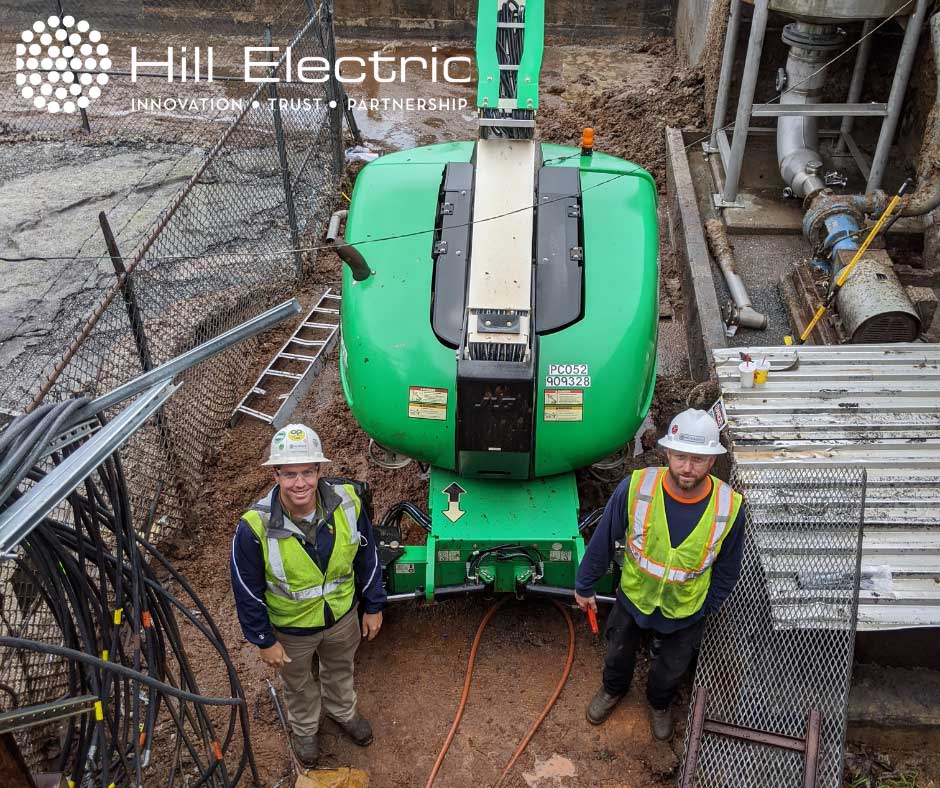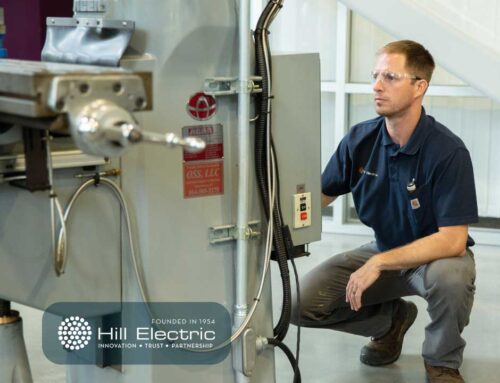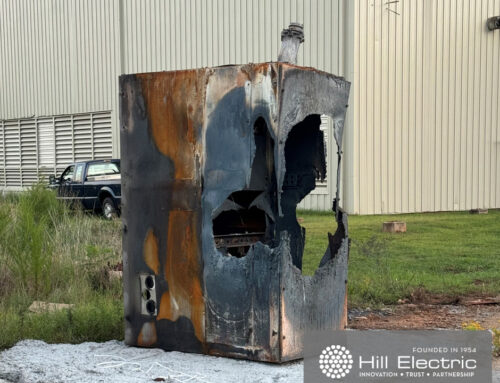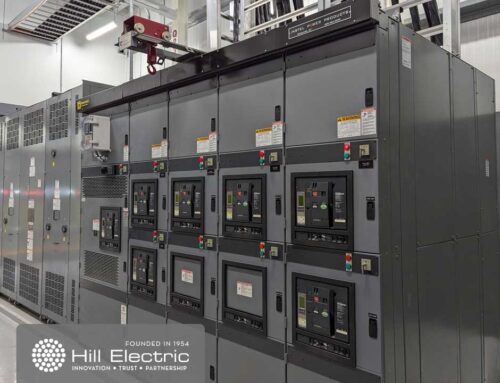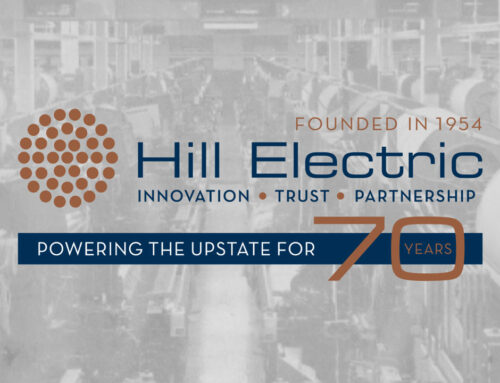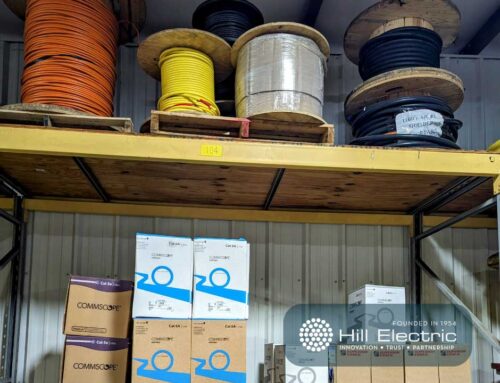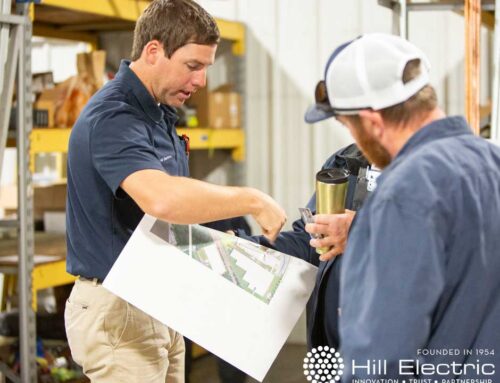How—and When—to Hire an Industrial Electrical Contractor
With any company comes the opportunity for growth, and sometimes that growth brings with it the need to expand operations quickly. This is especially true for manufacturers and large industries, where expansions must happen alongside daily operations seamlessly—and in those cases, it’s important that a company has the right people on the team to get the job done quickly and efficiently.
But when might your growth require the services of an industrial electrical contractor, and when it does, what should you consider when hiring one? In this article, we go into some of the most common scenarios of when you might need to bring an IEC on to your team, and how to pick the right one for your next project.
What is an Industrial Electrical Contractor?
While the term “electrician” refers to someone who does electrical work within residential or commercial locations, an industrial electrical contractor is a vendor who specializes in electrical work for large-scale industrial projects, like manufacturing buildings or large commercial facilities. The difference between the two can be substantial; an industrial electrical contractor—or IEC, for short—has to maintain a broader knowledge of electrical safety and large-scale equipment than a standard household electrician might.
When should a company look to hire an IEC?
A company might need an IEC if they are planning a facility expansion or building a facility in which they will be adding significant electric-based infrastructure, including process machinery and auxiliary equipment, facility power systems, and data communications. Similarly, a company might want to hire an IEC if they are looking into buying a new facility and want to check our power capabilities for a turnkey equipment installation. Regardless of the reason, anytime there is a plan to have a significant change or growth, getting an IEC onto the project team can help the planning stage—and subsequent execution of the project—go smoothly.
While the lead time to get an IEC on board can vary—a quick, month-long project might need two or three weeks’ notice, while a six-month expansion might require an IEC to be selected a few months ahead of time—it’s important that companies determine and onboard their IEC as soon as possible, and ideally in the early planning phase. This is because an IEC can help put a budget together that will support the needs and assess potential pitfalls, as well as have input on the planned timeline early enough to recommend a schedule that is reasonable. After all, when the completion date is solidified in the early stages of a project, it’s hard to change it!
What should a company consider in their search for an IEC?
When looking to partner with an IEC for a project, there are certain things that a company should consider. Here are a few questions that a hiring company should be asking when it comes to bringing on a new IEC:
How engaged are they?
The IEC should be engaged, if possible, in the beginning stages of a project, and at that point should be able to provide insight and input on the project budget and timeline.
Are they in line with other contractors for this project?
The company should evaluate that the quotes received from the IEC for the planned project are in line with those received from other companies, as are the deliverables toward the project.
Have they done this type of project before?
Having someone on the project team who has done the type of work you need is invaluable. This is especially true in cases of specialty projects, like pharmaceutical operations, clean rooms, or active manufacturing shutdowns.
Who is the contact, and who is responsible?
Is it clear who will be responsible for the project? What experience do they have? You want to make sure that whoever is in charge is not going to drop the ball at the last minute, but will get the job done.
How often do they communicate?
Communication is imperative, and the company should look for an IEC that is clear on what they can deliver, when and for how much, as well as keep in touch and be responsive throughout the duration of the project or contract.
What makes a good relationship between a manufacturer and an IEC?
Fortunately, building a great working relationship between the company and an IEC doesn’t have to be hard. With a good understanding of expectations up front, a plan of action (and a Plan B for any obstacles!) and consistent and clear communication from both sides, any project can be set up for success.
At Hill Electric, our goal is to help you with your next expansion with quality and excellence along every step the way. If you’d like to find out more, or would like to know more about what we can do for you, please contact us and let us know.

